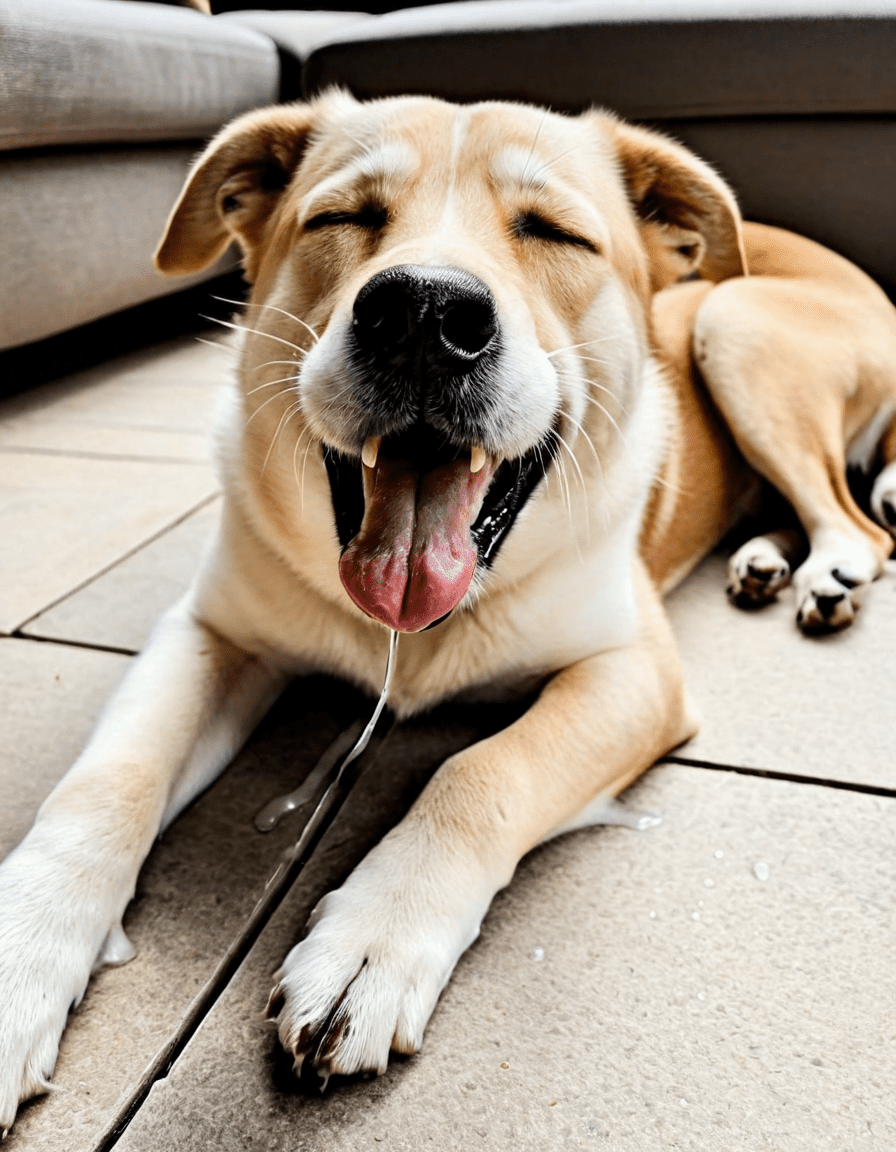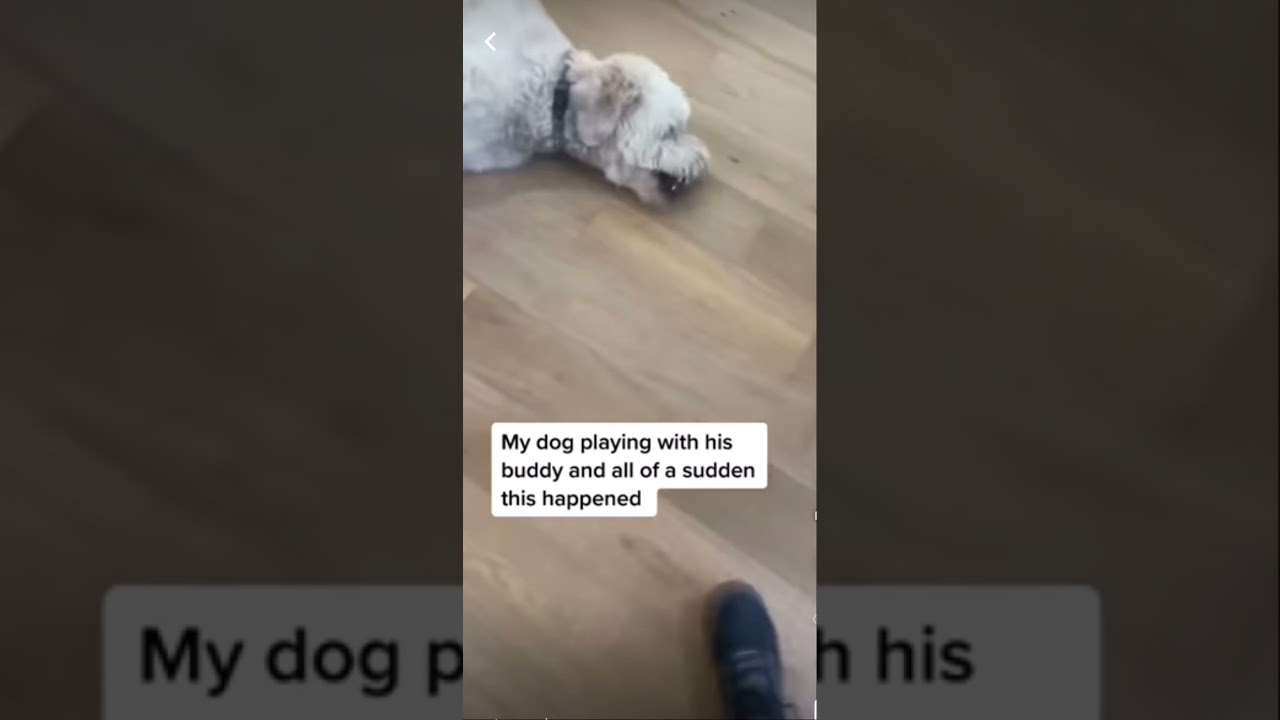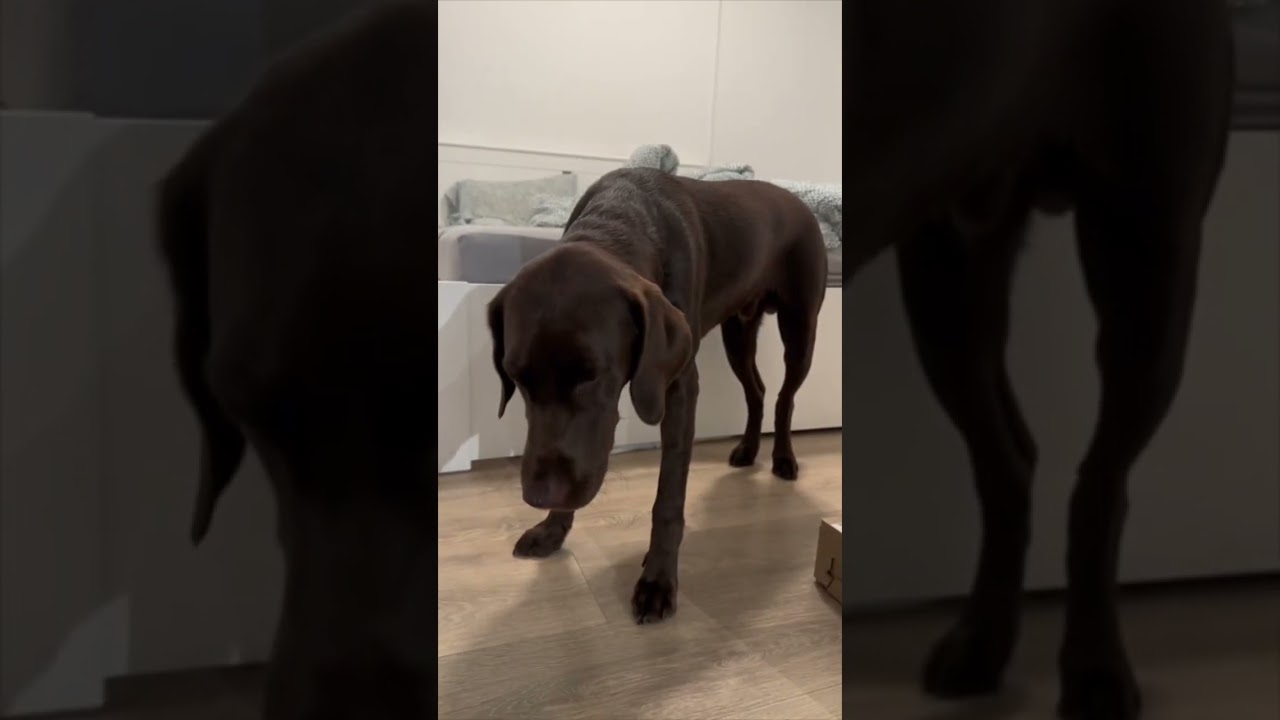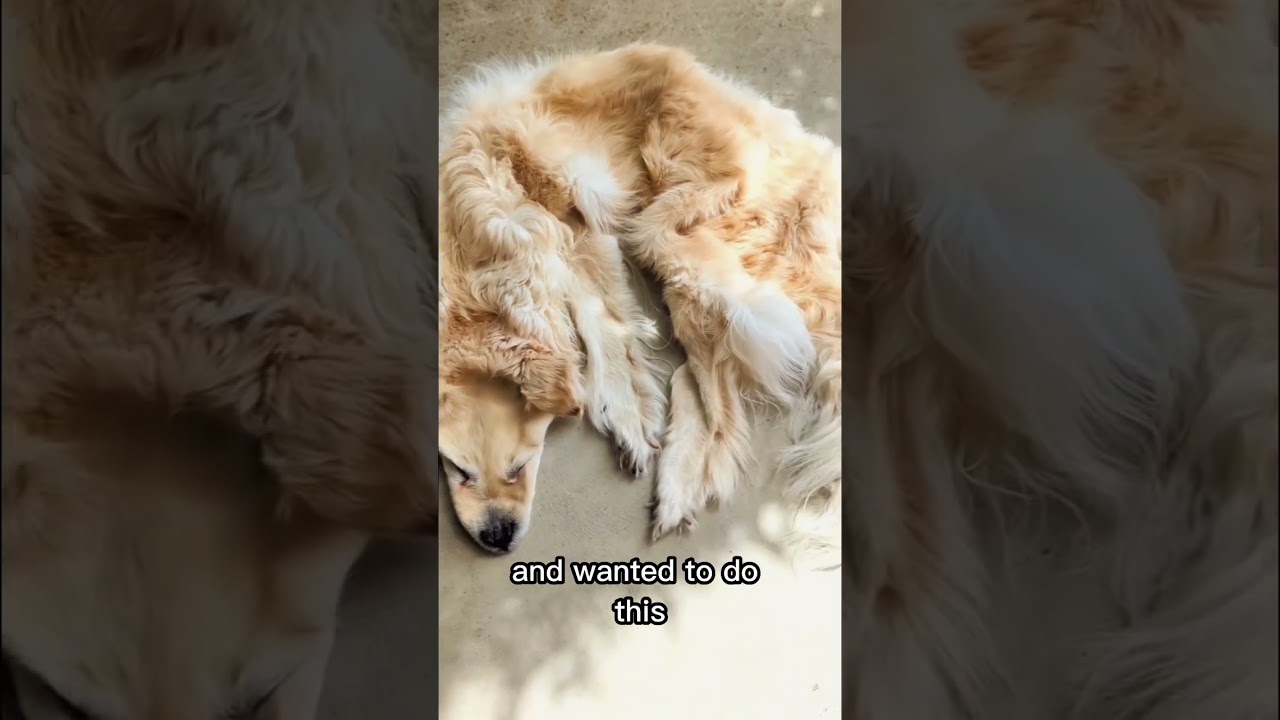As a dog owner, it can be alarming to witness your furry friend choking and crying after drinking water. When your dog chokes and cries after drinking, it’s essential to understand what might be going on. This issue can stem from a number of factors, from simple drinking habits to more serious underlying health concerns. Knowing these potential causes can help you respond effectively and keep your pup safe and happy.
Common Reasons Why a Dog Chokes and Cries After Drinking
When a dog chokes and cries after drinking, several common reasons might be at play. Understanding these reasons can help pet parents address the issue directly. Let’s dive into some prevalent causes you should consider:
Many dogs gulp their water, especially after intense playtime. For instance, a Golden Retriever that just finished a game of fetch may rush to the water bowl, drinking too quickly and triggering a choking reflex. This excitement can cause discomfort, bringing on the gagging sounds you hear.
The placement of your dog’s water bowl can affect its drinking behavior. Dogs that choke frequently might have bowls that are too low or awkwardly positioned. Elevated feeders can benefit dogs like Dachshunds, who may struggle with bending down due to back issues. Consider adjusting the bowl height to see if it helps your pup.
There are health issues that could cause choking after drinking. Conditions such as esophageal dysfunction or allergies can lead to these distressing moments. Take Milo, a mixed-breed dog who was diagnosed with a dilated esophagus; this serious issue led to repeated choking incidents. Always consult your vet if you suspect an underlying problem.
Dogs can get anxious, especially in new environments. This anxiety might make them rush to drink water, resulting in choking. Rescue dogs, for example, may feel unsettled in their new homes and gulp water hastily, leading to potential problems.
Sometimes, foreign objects in the water bowl can pose a choking hazard. If something floats into your dog’s bowl, they might unwittingly try to drink it, which can result in choking. This occurred with Bella, a Boxer, who choked after trying to gulp down a rubber toy she had dropped in her bowl.
Believe it or not, the temperature of the water can also contribute to choking episodes. Some dogs dislike very cold water, which can irritate their throats and provoke a gag reflex. For example, Bruno, a Beagle, experienced discomfort and gagged after drinking chilled water post-exercise. Keep water at a comfortable temperature to avoid distress.
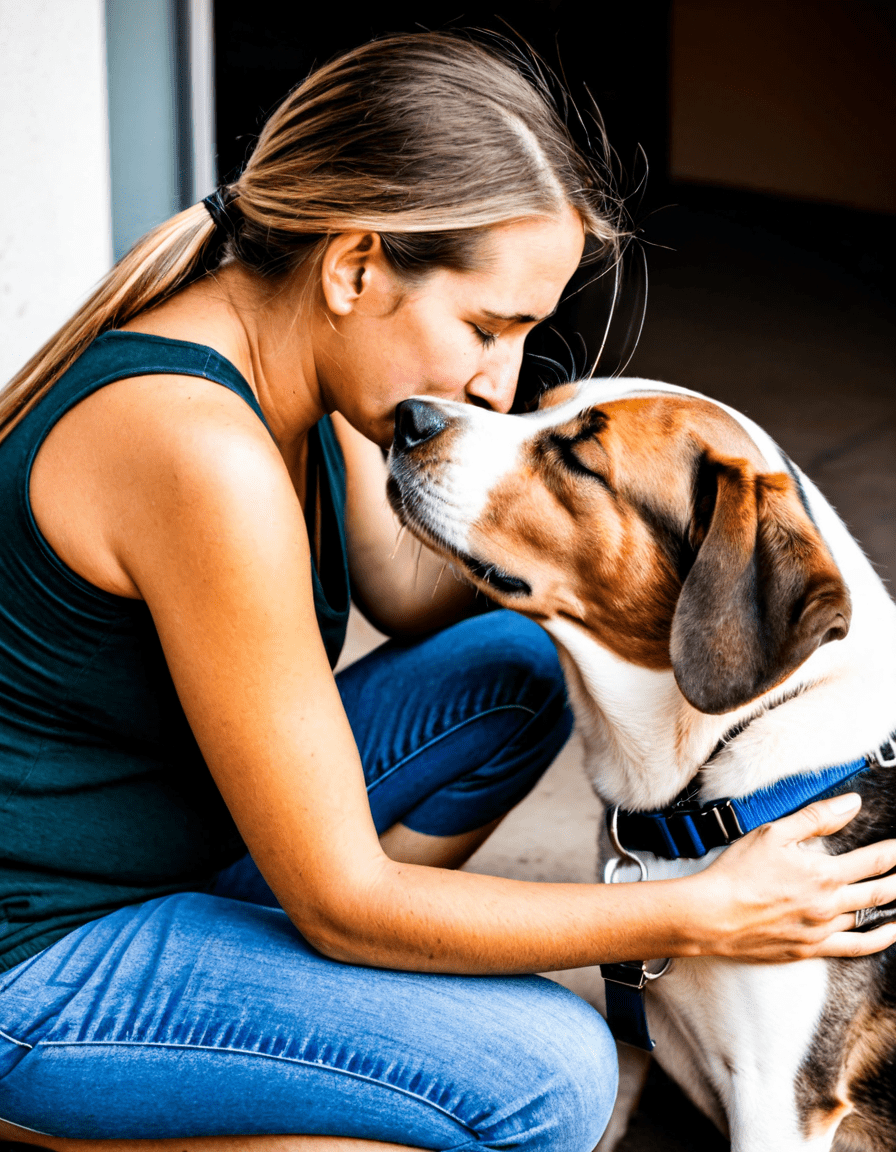
When Choking Represents More Serious Issues
While occasional choking might not be cause for alarm, persistent episodes could indicate a more serious issue. Just as a cat throwing up after eating can signal problems, frequent choking may demand immediate veterinary attention. Here are more severe conditions to keep in mind:
A choking incident might point to something obstructing the esophagus. Take the case of Max, a Labrador who needed surgery after ingesting a bone that got stuck. Choking due to obstruction requires swift action from your veterinarian.
This condition can manifest through choking and symptoms resembling a dog throwing up after drinking water. It can lead to discomfort and frequent vomiting, similar to a cat that vomits after every meal. This factor significantly impacts your dog’s quality of life and warrants professional evaluation.
Certain neurological conditions can interfere with swallowing, mimicking symptoms seen when a dog throws up after drinking water. If your dog exhibits bizarre behavior or shows signs of distress, consult a veterinarian immediately. Early intervention is crucial.
Managing Your Dog’s Choking Episodes Effectively
Addressing the issue of choking requires a proactive approach. Here are effective strategies to help reduce choking incidents:
One of the most straightforward solutions is to invest in slow feeder bowls specifically designed to encourage slower drinking. Brands like Outward Hound provide such bowls, allowing your dog to sip rather than gulp. This simple change can lead to a substantial decrease in choking episodes.
Consider using elevated feeding stations to help dogs with neck or back issues. Raised bowls allow for a more comfortable drinking posture, reducing anxiety and preventing hurried drinking. Dogs that typically choke on water often benefit significantly from this adjustment.
Keep a close eye on your dog’s water bowl. Regularly check for foreign objects that could cause choking. Ensure it’s clean and free of debris, as a simple distraction like a toy can lead to unexpected choking episodes.
Staying on top of your dog’s health is crucial. Regular veterinary visits can help identify underlying issues early. A vet can offer insights into any anxious behavior or health-related causes that might be triggering choking spells.
Reinforce calm drinking habits in your dog. You can do this with basic commands or gentle encouragement. Just like you might train a cat not to throw up after eating, you can create a peaceful drinking routine with your dog.
Dogs often prefer room temperature water. Avoid giving them ice-cold water after play to lessen the chances of gagging. A gentle approach can enhance their drinking experience and minimize choking.
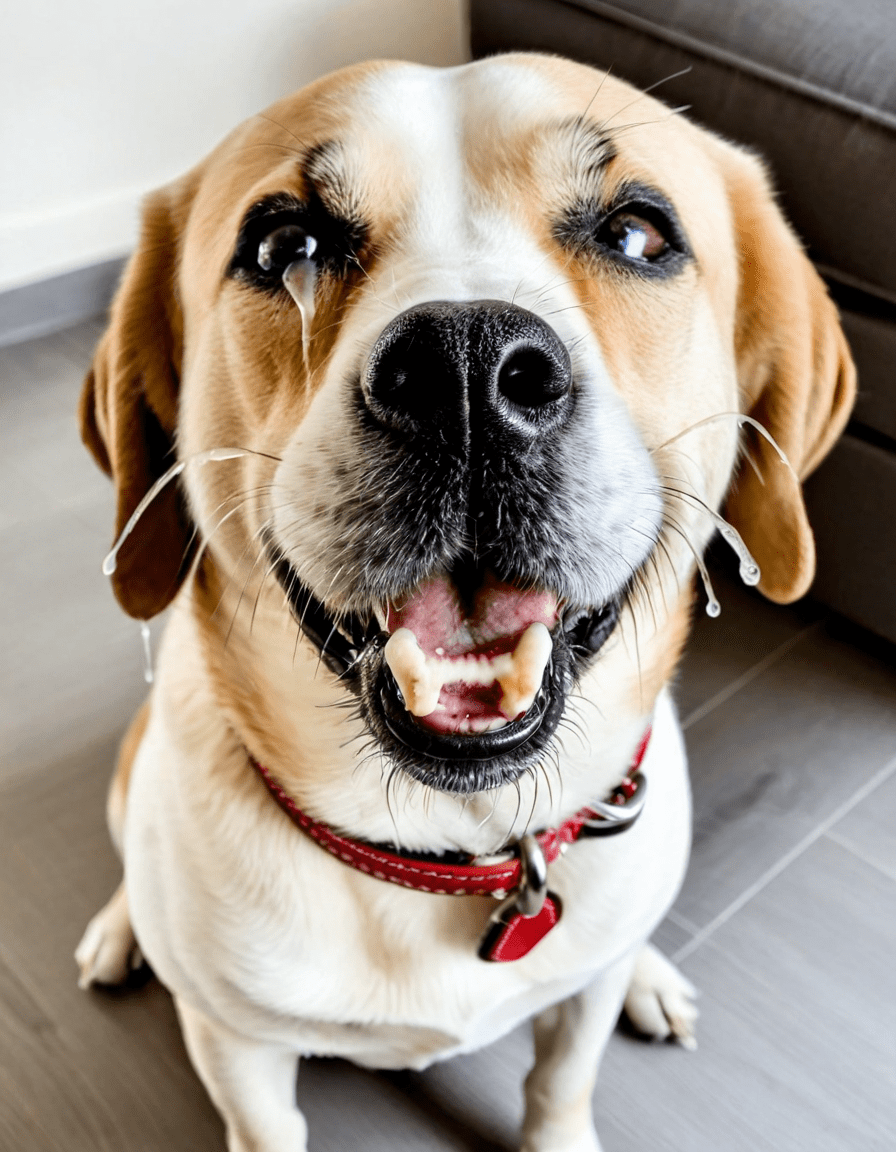
The Implications of Related Issues: Cats and Dogs
Interestingly, choking issues in dogs can mirror similar reactions in cats. For instance, a cat throwing up after eating can often be linked to similar causes, including the way they drink or eat. Here’s what to consider regarding cats:
Cats generally prefer flat, wide bowls that prevent whisker fatigue. A narrow bowl can lead to gulping, which increases the risk of a cat vomiting after eating. Ensure your kitty has an appropriate feeding setup to promote healthy feeding habits.
Feeding both dogs and cats high-quality food plays a significant role in their overall digestive health. Premium brands like Hill’s Science Diet offer specialized formulas that cater to sensitive stomachs, benefiting your pets immensely. Eating habits are often interlinked between cats and dogs.
Embracing A Proactive Approach To Pet Health
If your dog experiences choking and crying after drinking, a proactive approach can greatly improve your pet’s well-being. Combining environmental adjustments with routine veterinary care ensures healthier drinking habits. Observing your dog’s behavior and addressing issues quickly can lead to a relief from distress linked to drinking habits.
Caring for pets is a journey that calls for vigilance, kindness, and a willingness to learn. By staying informed and ready to adapt, you can make a significant difference in the quality of life for your dogs and cats alike. Keep an eye on how they drink and behave during mealtime. Invest in quality products that foster positive habits. With proper care, your furry companions can thrive without the worry of choking or discomfort.
Dog Chokes and Cries After Drinking: Fun Trivia and Interesting Facts
What Happens When a Dog Chokes?
When your dog chokes and cries after drinking, it can be a worrying sign. Dogs often drink water with gusto, and sometimes that excitement leads to an unfortunate cough or gag. Did you know that puppies have unique bathroom habits as they grow? Check out this guide on How often Should a puppy poop to better understand your furry friend’s needs. Ensuring they stay hydrated is crucial, but being mindful of their drinking habits can help prevent distressing moments!
Breeds and Their Drinking Habits
Different dog breeds may have varying drinking styles. For instance, bulldogs, whether French or English, might take a more leisurely approach due to their notable brachycephalic faces. Curious about the shades these lovable dogs can have? While you’re at it, dive into the comparison of the French Vs English bulldog to learn about their distinctive features. Remember, a dog that chokes and cries after drinking may be trying to communicate discomfort caused by the way they gulp down their water.
Health Monitoring and Care
When it comes to observing your dog’s behavior, it’s crucial to be attentive rather than dismissive. A dog that chokes and cries after drinking may need a vet’s check-up. While keeping a close eye, consider how environmental factors play a role too. Some dogs may overreact to the sudden presence of water if they are playing around a tree With dog friends. Additionally, always be mindful and keep an eye on your pet’s overall health. If they show signs of struggle, whether from choking on water or other concerns, the best approach is to consult your veterinarian. Just like the artistry behind Kevin Murphy hair Products or the mesmerizing performances of icons like Martha Quinn, what we see is often just the surface of more intricate systems at work—taking care of your pet should be no different!
